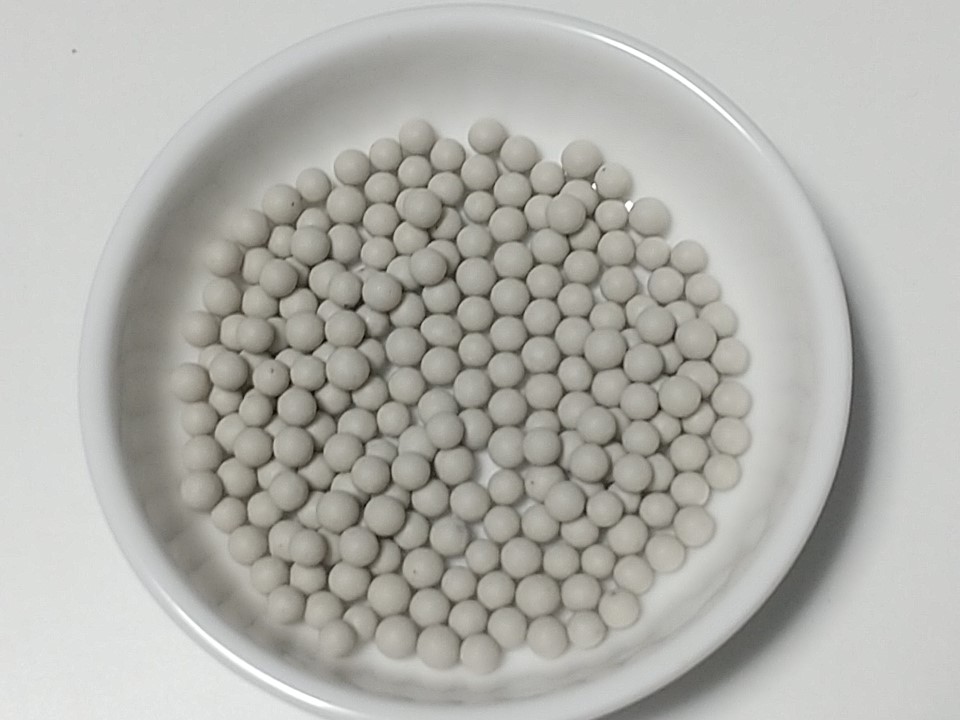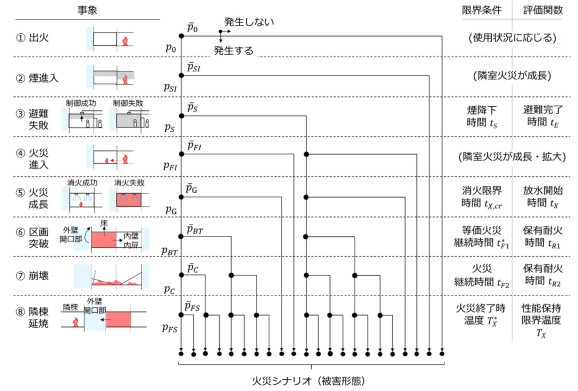2023-08-31 オークリッジ国立研究所(ORNL)

Buildings technologies researcher Philip Boudreaux uses a camera and a technique known as background-oriented schlieren photography to identify air leak sources in a concrete block wall mock-up. Credit: ORNL, U.S. Dept. of Energy
◆建物からの空気漏れはエネルギー効率の低下と高い公共料金を示し、環境にも影響を与えます。この問題を解決するには、漏れる場所を特定してひびを封じる必要があります。従来の方法にはブロワードアテストがあり、煙を使用することもありますが、新しいシステムはカメラを使用して煙なしで漏れを視覚化し、量も測定します。建物からの空気漏れはエネルギーの無駄な消費源であり、この新技術はエネルギー効率の向上に役立つ可能性があります。
<関連情報>
- https://www.ornl.gov/news/air-leak-detection-system-visualizes-building-drafts-click-camera
- https://www.sciencedirect.com/science/article/abs/pii/S0360132322007594
リファレンスフリーの自然背景を重視したシュリーレン写真を建物壁の漏出部位を視覚化するために応用した。 Application of reference-free natural background–oriented schlieren photography for visualizing leakage sites in building walls
Philip Boudreaux, Singanallur Venkatakrishnan, Emishaw Iffa, Diana Hun
Building and Environment Available online:26 August 2022
DOI:https://doi.org/10.1016/j.buildenv.2022.109529
Abstract
Air leakage in buildings can cause health and comfort concerns for occupants and can contribute to mold growth on building materials, or in extreme conditions, rot of building materials. Unwanted air leakage through the building envelope also contributes to approximately 4 quadrillion Btu (1172 TWh) of energy consumption per year in the building sector in the United States. Locating and sealing leakage sites can improve the energy efficiency, comfort, air quality, and moisture durability of the building stock. Typical methods of finding leakage sites, such as infrared imaging and smoke tracing, rely on concurrent blower door operation, which can also measure the total leakage rate of the building. Smoke tracing can be disruptive to occupants, and infrared imaging and smoke tracing cannot measure the contribution of individual leaks to prioritize sealing efforts. In this work, an optical fluid flow imaging technique, reference-free natural background–oriented schlieren imaging, was adapted to visualize air exfiltration. This is the first step in developing a method to noninvasively locate and measure exfiltration or infiltration sites so that sealing efforts can be prioritized. Experimental results of this technique are presented, demonstrating the method’s applicability to visualizing exfiltration through three common building claddings in an outdoor environment. Key variables impacting the performance of this technique when applied to building leakage are also discussed.


